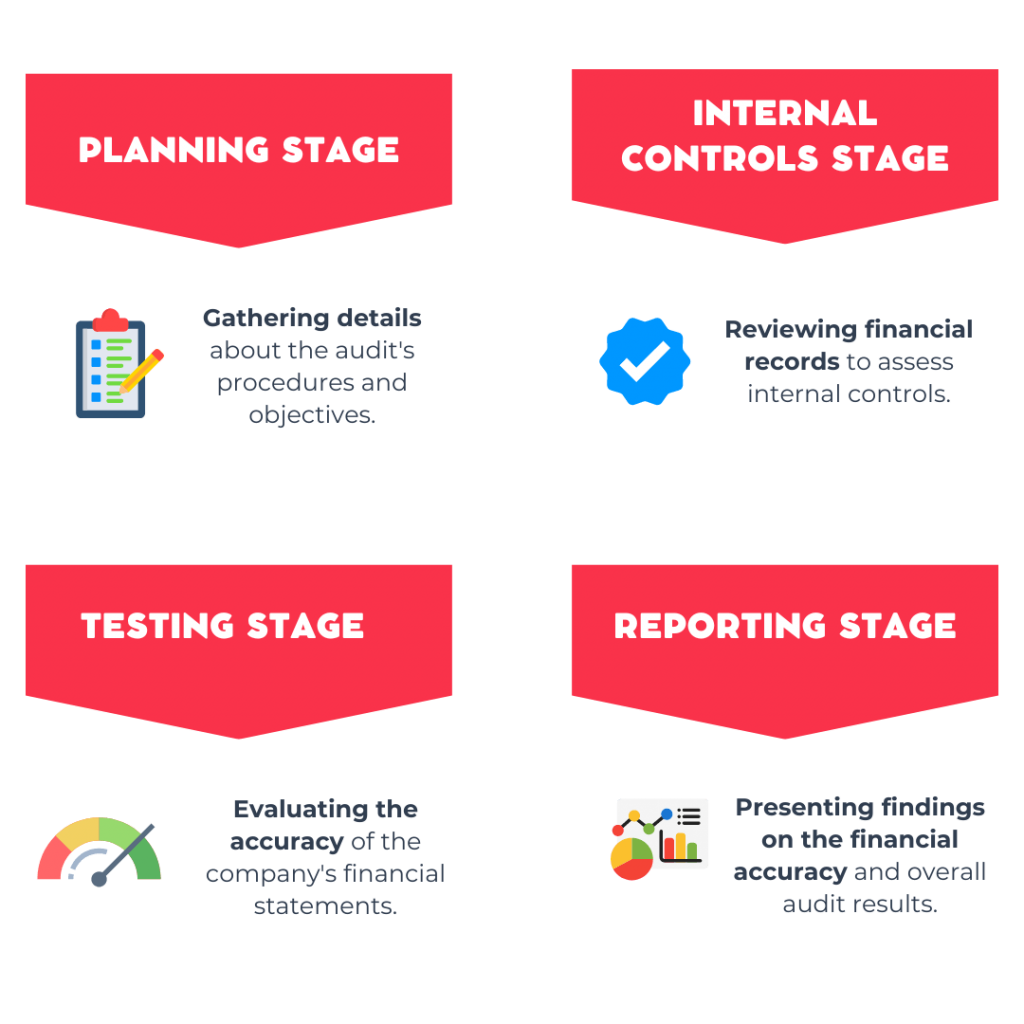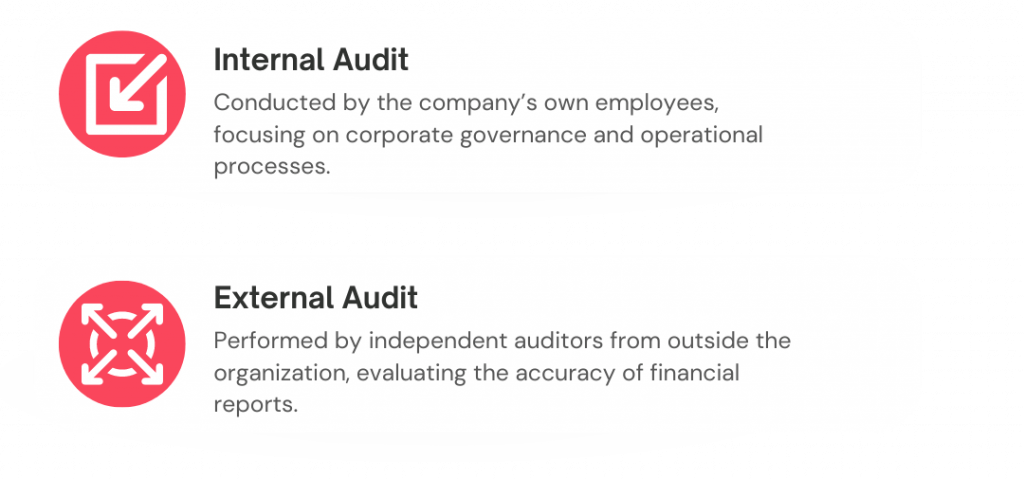Wandering why Pursue SAP and SAP S/4HANA Certifications? As SAP continues to lead in enterprise resource planning (ERP) and cloud solutions, certifications in SAP and SAP S/4HANA remain highly valuable for IT professionals. Then, the shift towards cloud-first strategies and the integration of AI and machine learning within SAP solutions have created new opportunities for certified professionals. Moreover, recent updates to the SAP S/4HANA suite and the growing adoption of SAP Business Technology Platform (BTP) highlight the need for up-to-date skills and knowledge.
SAP S/4HANA certifications not only validate your expertise but also ensure you stay current with the latest technological advancements and industry best practices. Given the ongoing digital transformation across industries, having a certification in SAP cloud solutions can significantly enhance your career prospects.
Need advice on how to start or develop your freelance consulting business in tech or IT? Need to start a new permanent or freelance assignment? Join Mindquest and get support from our team of experts.

Trends in SAP Certification:
As the technology landscape evolves, so does the need for SAP professionals to stay updated with the latest trends and developments. Therefore, here’s a deeper dive into the most significant trends in SAP S/4HANA certifications for 2024:
1. Cloud and Hybrid Solutions

Firstly, with SAP’s strategic shift towards cloud-first solutions, the demand for expertise in cloud and hybrid environments has surged. Then, SAP Cloud Platform and SAP Business Technology Platform (BTP) are at the forefront of this transition, providing a comprehensive suite of services for building, integrating, and extending SAP applications in the cloud.
- SAP Cloud Platform (SCP): SCP offers a platform-as-a-service (PaaS) environment designed to support the rapid development and deployment of applications. Certifications in SCP validate skills in deploying and managing applications on the cloud, emphasizing security, scalability, and integration with existing SAP systems.
- SAP Business Technology Platform (BTP): SAP BTP combines database and data management, analytics, application development, and intelligent technologies. Certifications in BTP focus on understanding the platform’s capabilities, enabling professionals to develop and manage intelligent enterprise applications effectively.
- Hybrid Solutions: Many organizations operate in a hybrid environment, where on-premise SAP systems are integrated with cloud solutions. Certifications that cover hybrid landscapes are critical for professionals tasked with ensuring seamless integration, data consistency, and operational efficiency across different environments.
Learn more about SAP careers from this SAP project management expert.
2. AI and Machine Learning

In addition, the integration of AI and machine learning into SAP systems is transforming how businesses operate. Making these skills highly sought after. SAP has introduced certifications that cater to these advanced technologies, focusing on their application within the SAP ecosystem.
- SAP Leonardo: As a digital innovation system, SAP Leonardo integrates AI, machine learning, IoT, and advanced analytics into SAP environments. Certifications in SAP Leonardo equip professionals with the skills to implement and manage AI-driven solutions. Also enhancing decision-making processes and operational efficiency.
- SAP AI Core and AI Foundation: These are dedicated AI and machine learning platforms within SAP BTP. Certifications here validate the ability to develop, train, and deploy machine learning models within SAP systems. Thus driving innovation and gaining a competitive edge.
3. Remote Work Adaptation

The COVID-19 pandemic has accelerated the shift towards remote and hybrid work models. As a result, SAP professionals need to adapt to managing and supporting SAP systems in these new working environments.
- Remote Administration and Support: Certifications now include training on how to effectively manage SAP systems remotely. This includes understanding remote access protocols, maintaining security, and ensuring system performance without on-site presence.
- Collaboration Tools: SAP professionals must be adept at using collaboration and communication tools that facilitate remote work. Certifications cover the use of SAP’s own tools as well as integrating with other popular platforms like Microsoft Teams and Zoom.
- Security and Compliance: With remote work, the focus on cybersecurity and compliance has intensified. Certifications emphasize the importance of maintaining robust security practices and ensuring compliance with various regulations, even when accessing systems remotely.
By pursuing these updated certifications and staying informed about the latest trends, you can ensure that your skills remain relevant and valuable in the evolving IT landscape.
Conclusion
Why pursue SAP S/4HANA Certifications in 2024? Because staying current with these trends through SAP S/4HANA Certifications not only enhances your professional credibility but also ensures you possess the skills needed to navigate the complexities of modern SAP environments. As SAP continues to innovate and expand its cloud and AI offerings, professionals who invest in these certifications will be well-positioned to lead in the digital transformation of their organizations.
Want to make the most of S/4HANA’s career potential? Check out our comprehensive S/4HANA Careers Guide.
SAP’s Learning Hub, for which you can request a free trial, should be your go-to place for official learning resources and documentation.
Also, you can complement these with SAP PRESS Certification Success Guides, one of which Denys has authored. If it’s motivation you are looking for, he also has a lot to say.
You can follow him on Twitter and LinkedIn.
Find your next assignment on our freelance and permanent IT recruitment platform, or join Mindquest so you don’t miss out on any job opportunity!


















